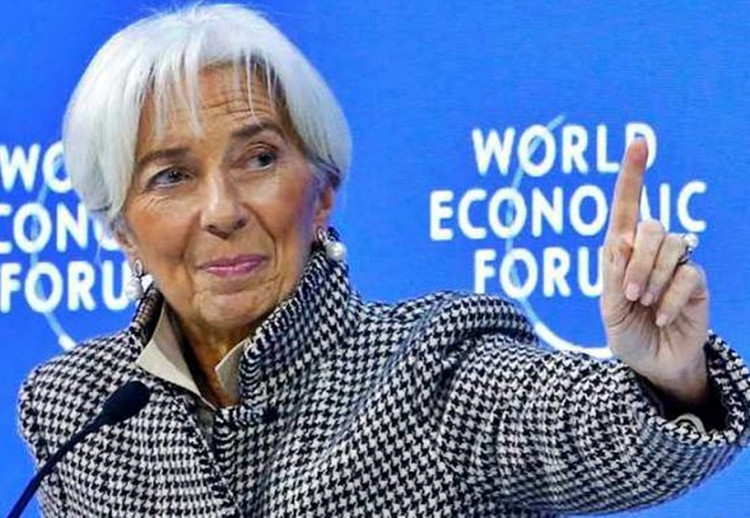The International Monetary Fund (IMF) is cautioning oil exporting countries, especially those belonging to the Organization of Petroleum Exporting Countries (OPEC), against investing hard-earned oil money into what might be white elephant projects in an effort to create the illusion of economic growth.
IMF Managing Director Christine Lagarde pointed out oil exporters haven't fully recovered from the dramatic oil price drop of 2014 as she warned against unwise spending. Crude oil prices began to soar to $100 per barrel in 2014 but, then as suddenly as it rose, prices plummeted by half in 2015. The reason: the strong U.S. dollar and OPEC refusing to boost prices by limiting production.
Crude oil prices only began to recover in 2018. The price of Brent crude in 2018 came to $71 per barrel compared to only $54 in 2017. A number of oil companies, especially the five multinational oil firms comprising Big Oil, reported welcome increases in revenue and profit in 2018.
For oil exporting countries, Lagarde pointed out that with lower oil revenues, fiscal deficits are slowly declining despite significant reforms on both the spending and revenue sides, including the introduction of VAT and excise taxes.
"This has led to a sharp increase in public debt, from 13 percent of GDP in 2013 to 33 percent in 2018," among oil exporters, said Lagarde.
Among oil importers in the Middle East, growth had improved but is still below the level before the Great Recession of 2008, said Lagarde. In addition, fiscal deficits remained high while public debt had risen rapidly -- or from 64 percent of GDP in 2008 to 85 percent a decade later, she said. Public debt now exceeds 90 percent of GDP in nearly half these countries.
Lagarde said the growth outlook for oil exporters remains uncertain. This uncertainty is compounded by moves among more and more countries to shift rapidly toward renewable energy over the next few decades in line with the Paris Agreement dealing with greenhouse gas emissions mitigation, adaptation, and finance starting in 2020.
To attain the goals of the Paris pact, countries are moving away from gasoline and diesel-powered motor vehicles. France will ban all petrol and diesel vehicles by 2040 as part of the Paris Agreement. Norway will ban the sale of petrol- and diesel-powered cars by 2025 while the Netherlands will do the same by 2030. The effect on these moves on revenues of oil exporting countries will be considerable.
In light of these developments, Lagarde said there is scope to improve fiscal frameworks in the Middle East but some of the weaknesses will still emanate from "short-termism and insufficient credibility."
She said governments in the region might be tempted to favor white elephant projects instead of investment in people and productive potential in order to project the image of strong economic growth.
Lagarde also said across the Middle East, it is common for sovereign wealth funds to directly finance projects. This action, however, bypasses the normal budget process with its checks and balances. State-owned enterprises in some Middle East countries already have high levels of borrowing outside their national budgets.
She said Middle East oil exporters could follow the example of Chile and Norway, which employ fiscal rules to protect priorities (such as social spending) from commodity price volatility.






